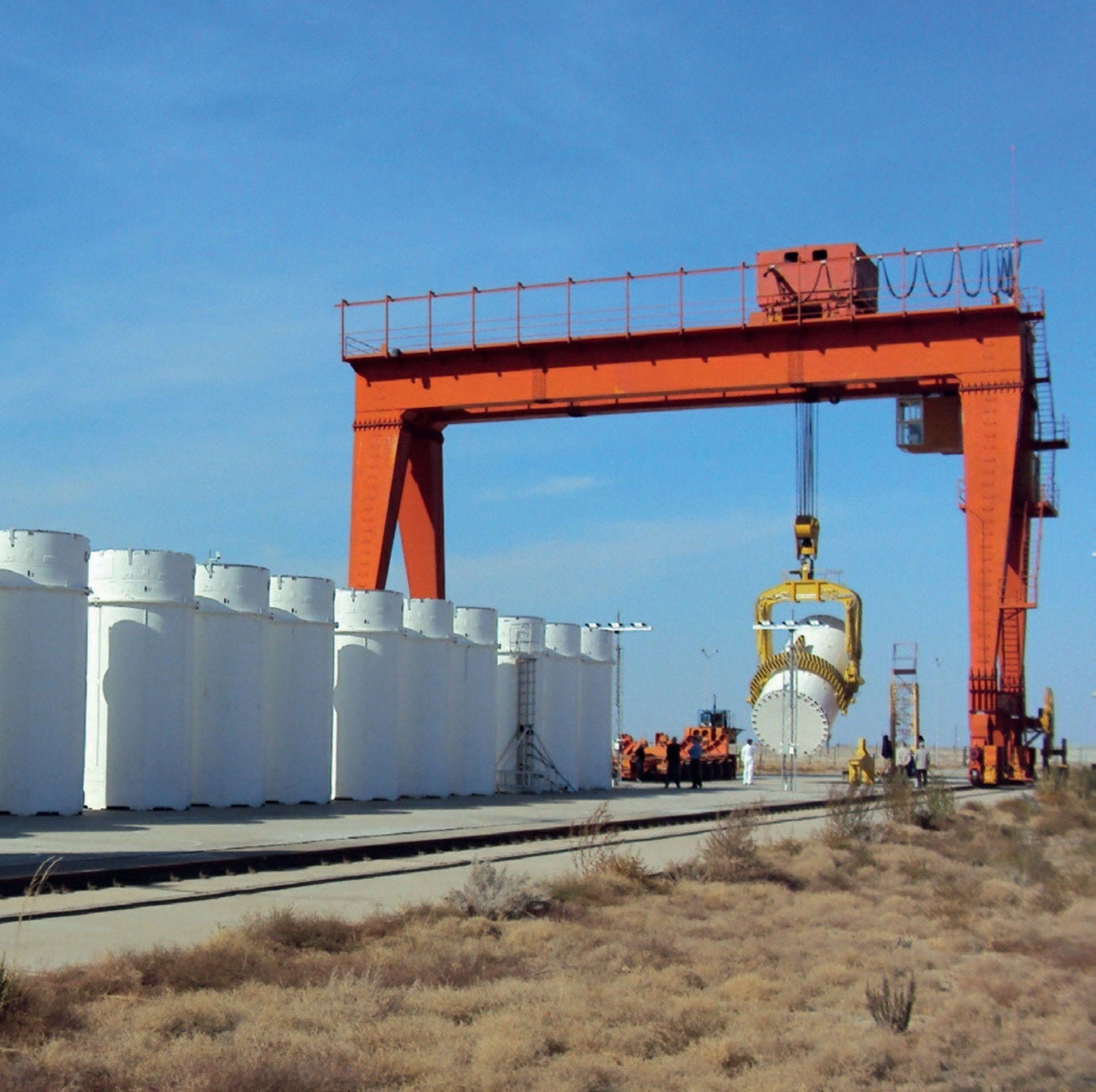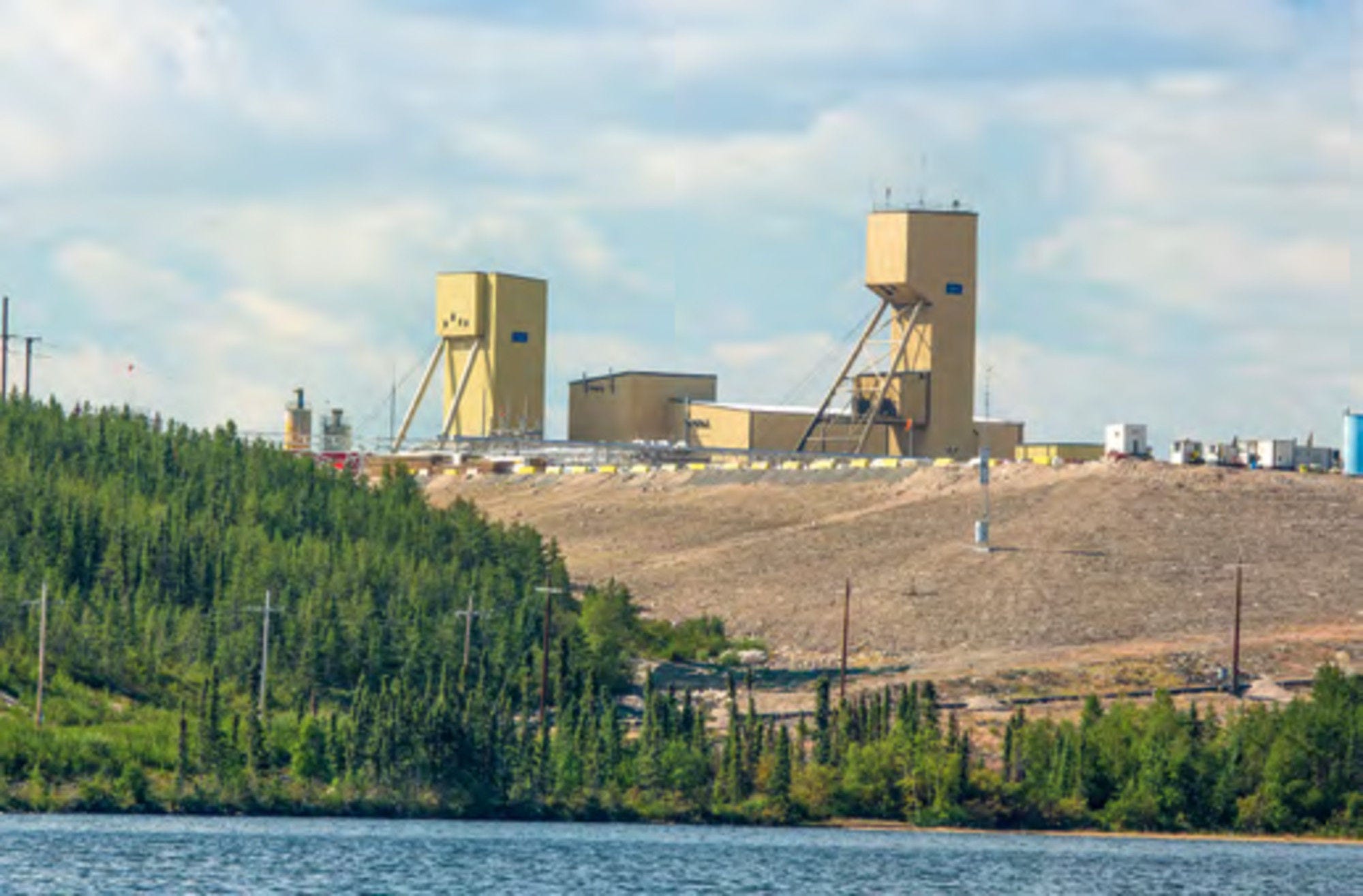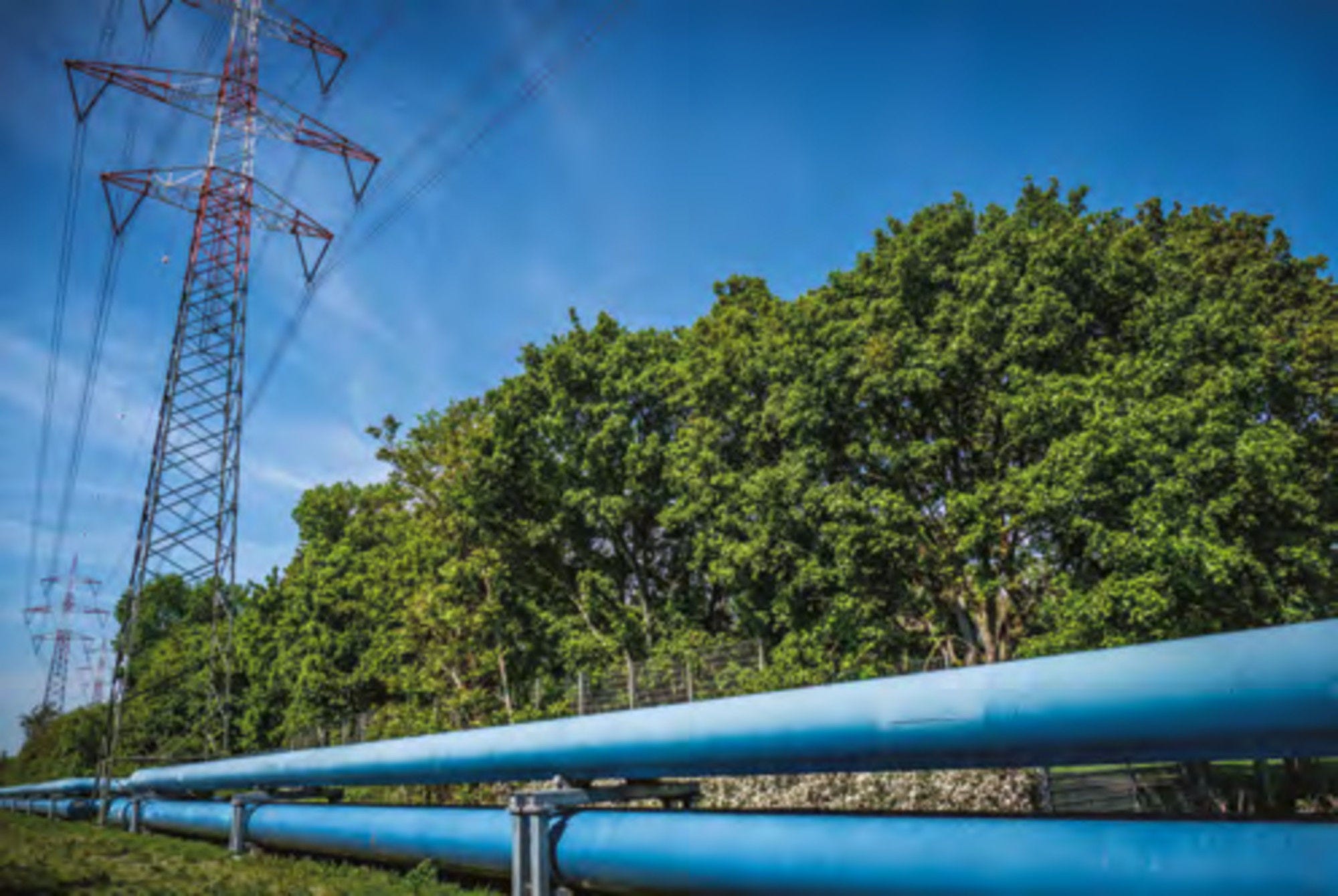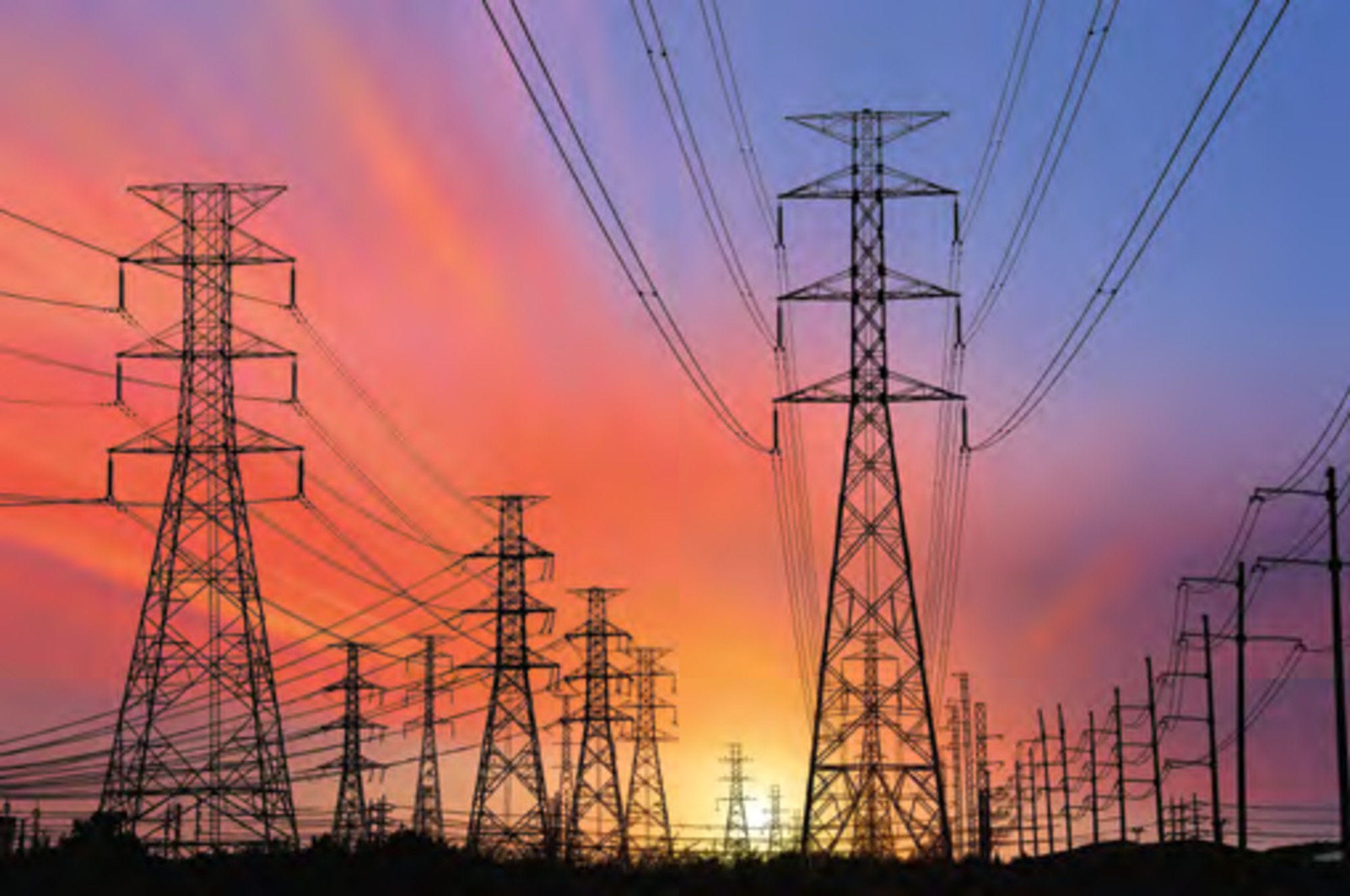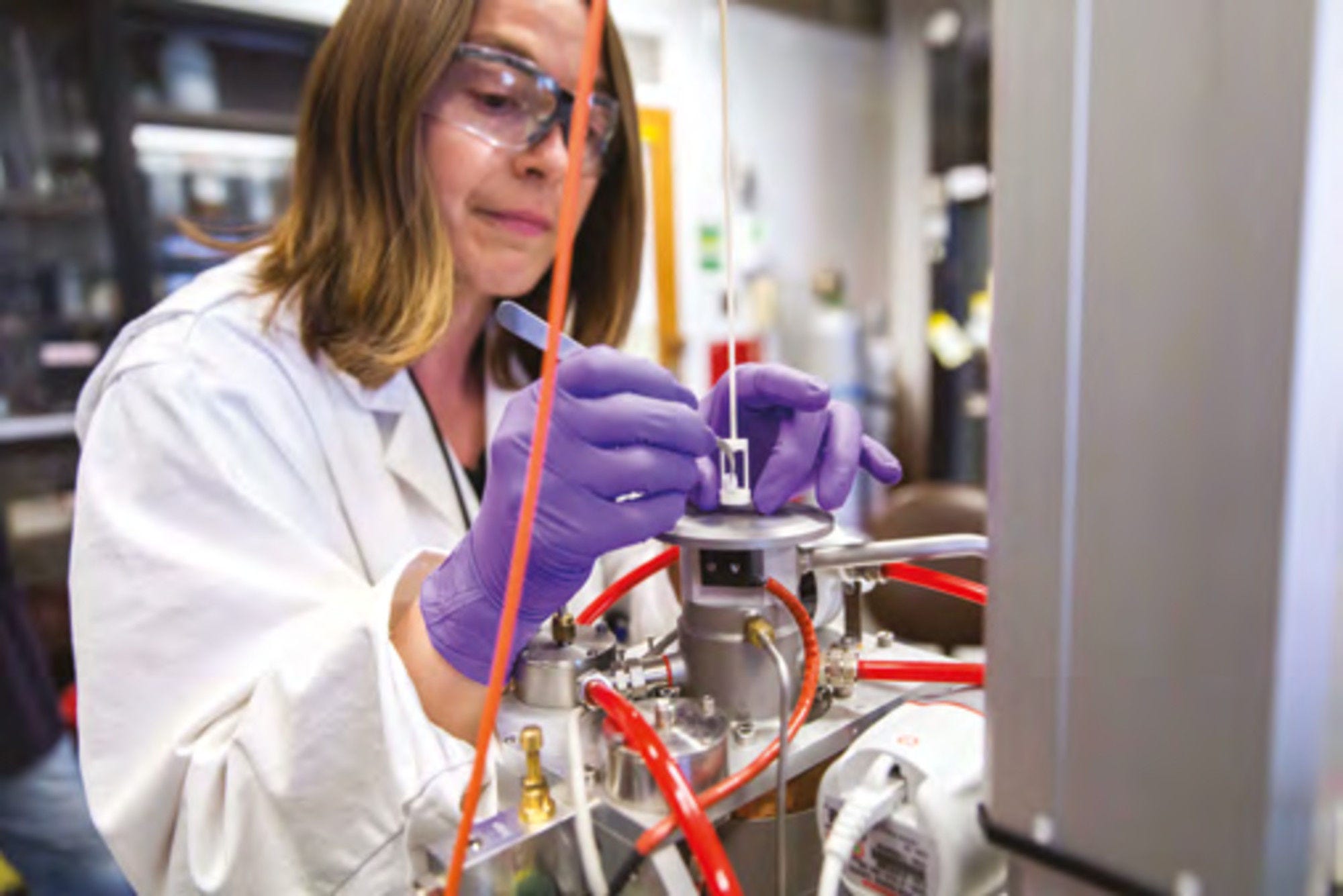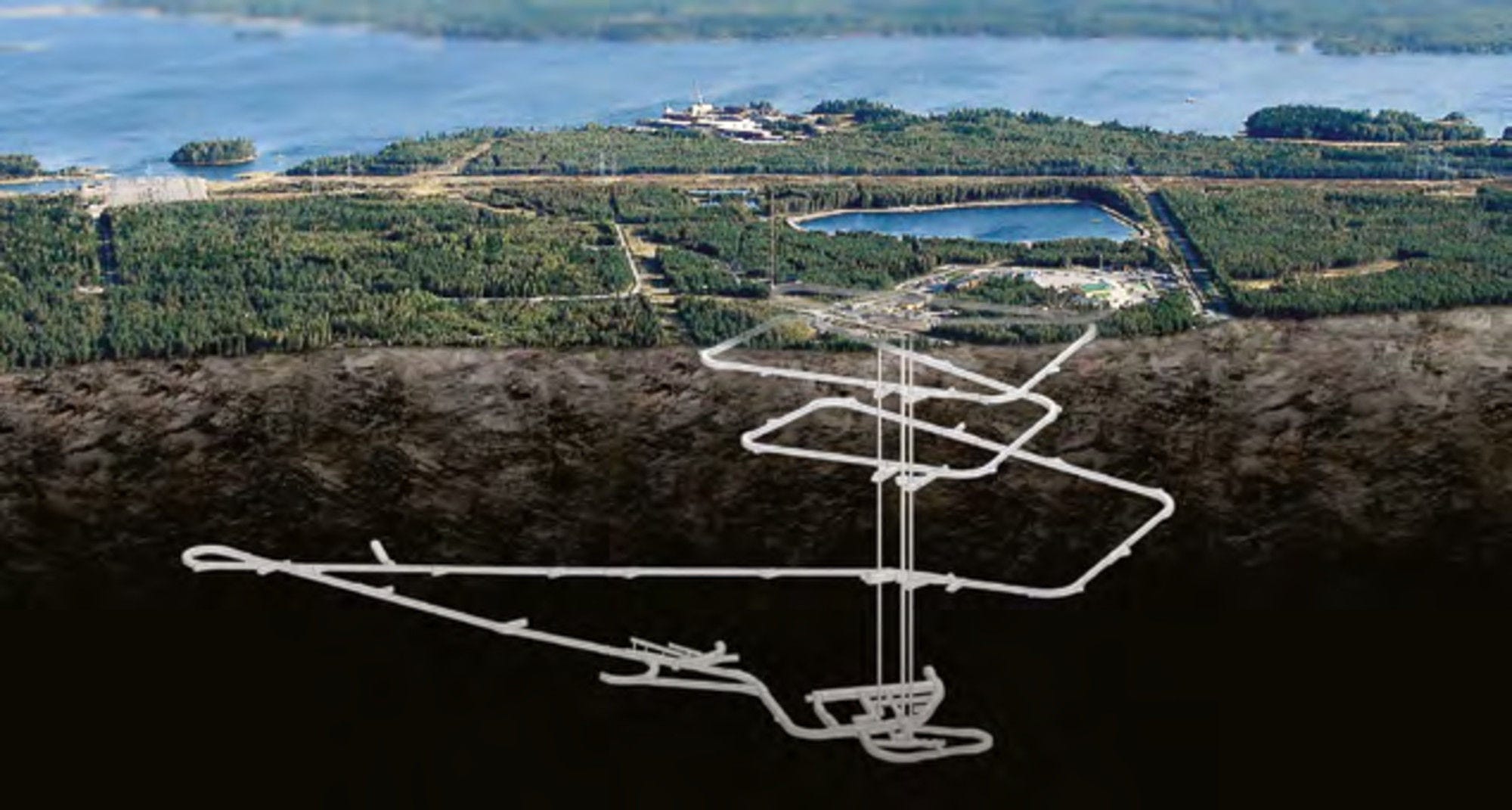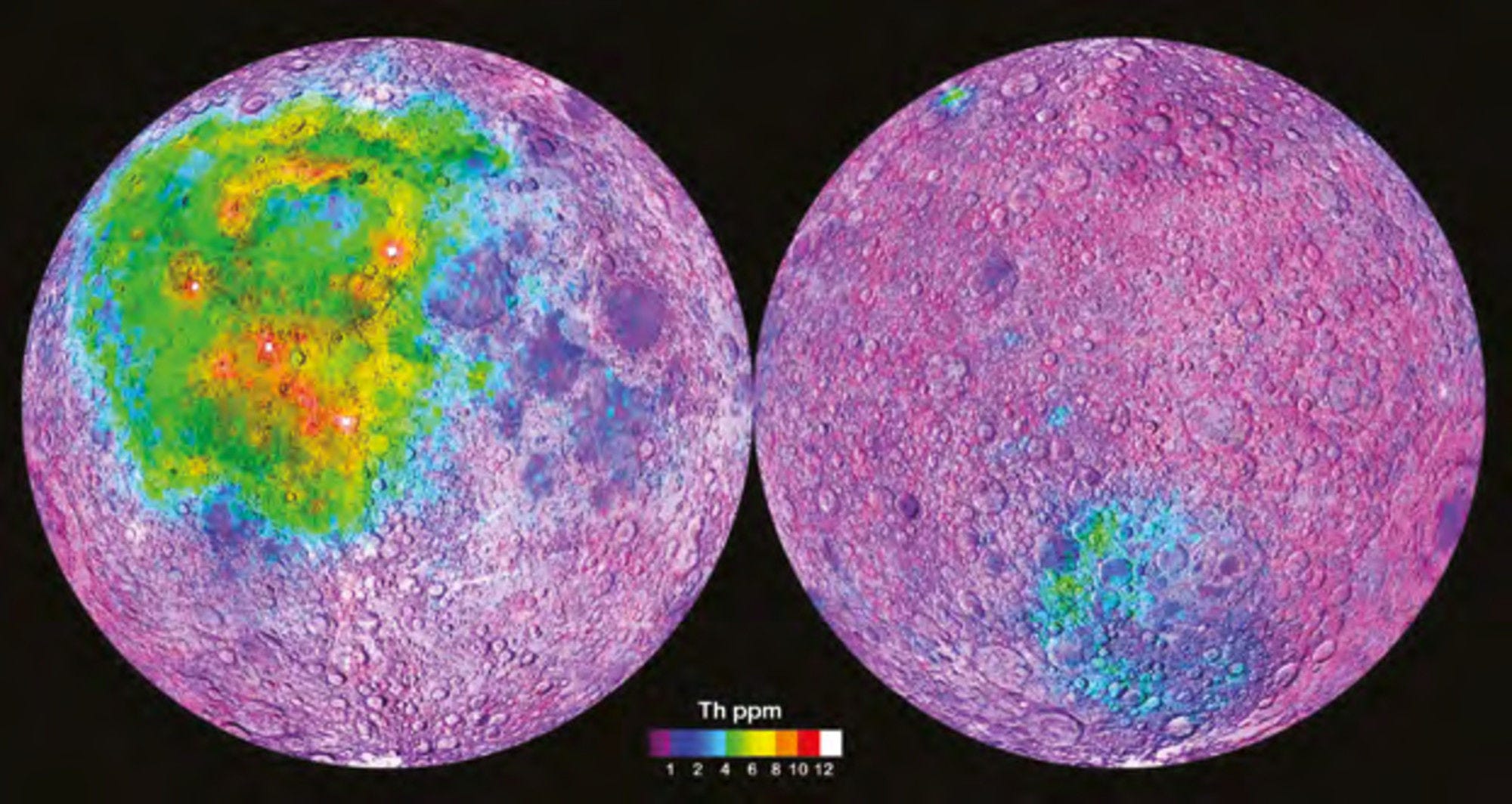The world’s nuclear power reactors are ageing, with the majority approaching the end of their planned operational lifetimes in the coming years. The adequacy of funding for decommissioning and radioactive waste management (RMW) thus increasingly commands the attention of decision-makers.
This report by the OECD Nuclear Energy Agency (NEA) combines a solid conceptual framework with the insights from twelve case studies of NEA member countries to propose a new approach to the adequacy of funding that is both robust and flexible.
Current funding systems in NEA countries are overall adequate. The challenges ahead however are formidable: decommissioning and RWM are moving from design to implementation, returns on assets are low and societal preferences can evolve. The very long-term nature of the solutions, in particular for radioactive waste disposal, is also not easily compatible with the economic lifetimes of the original liability holders.
This requires that all elements of the system – accrued funds, expected future returns, the lifetimes of nuclear power plants, the expected costs of politically sustainable technical solutions and the liabilities for residual risks – are reviewed and realigned at regular intervals. Complementing existing approaches with such a circular approach will strengthen funding arrangements and ensure their adequacy for decades to come.
